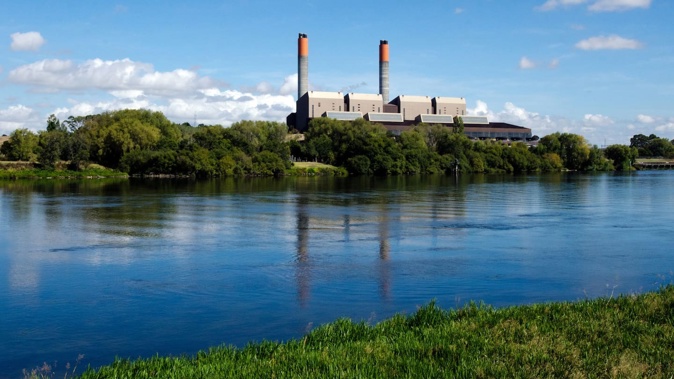
Genesis Energy says reduced gas supply from the Kupe field is expected to result in higher generation costs due to increased use of higher-cost solid fuel – coal.
In an earnings update, Genesis said it expects to report earnings before interest, tax, depreciation, amortisation and financial instruments (ebitdaf) of $460 million for the June 2025 financial year.
The forecast is subject to hydrological conditions, gas availability, plant availability and material adverse events.
In May, Genesis advised that its KS-9 well in the Kupe field had come up short.
The lower-than-expected production was estimated to result in a $15m to $20m reduction in the current June 2024 financial year’s ebitdaf, compared with previous guidance of around $430m.
Genesis has a range of hydro assets, and the systemically important Huntly Power Station, which runs on gas and coal.
Huntly supports the grid when lake levels are low and demand is high.
In today’s statement, Genesis said daily gas production at Kupe is expected to be between 37-47 terajoules a day as a result of the KS-9 outcome and general field decline.
“The current gas market conditions are driving a challenging short-term outlook for the country; less gas means more solid fuel and higher generation costs for Genesis,” the company said.
Genesis remained focused on its long-term strategy to accelerate the development of new renewable generation and battery storage, reposition its Huntly power station into a grid-scale peaking and firming facility, and displace coal with biomass, chief executive Malcolm Johns said.
Previously-announced organisational changes had progressed as planned and 2025 operating expenditure was in line with expectations, he said.
Full-year 2025 capital expenditure is expected to be around $180m.
This included about $80m growth spend relating to a grid-scale battery at Huntly Power Station, with a final investment decision expected mid-year.
Genesis is in the process of independently verifying its Kupe oil and gas field reserves.
“Current expectations are that field-wide proved and probable reserves will be revised down by about 80 petajoule equivalents.”
The final reserves position will be released with Genesis’ full-year results on August 22.
The Kupe joint venture is a big part of the company’s business and provides a diversified source of revenue.
Genesis has a 46% interest in the Kupe Joint Venture, which owns the Kupe oil and gas field in the Taranaki basin.
Kupe commenced commercial production in March 2010 and is an important part of New Zealand’s energy infrastructure.
Jamie Gray is an Auckland-based journalist, covering the financial markets and the primary sector. He joined the Herald in 2011.
Take your Radio, Podcasts and Music with you









